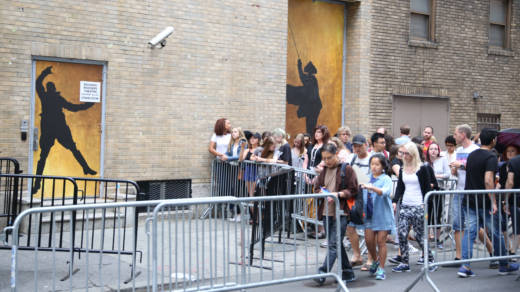Joseph Meli, accused of defrauding some 130 investors of some $95 million in a scheme framed as the resale of tickets to Hamilton and other events, pleaded guilty Tuesday to one count of securities fraud. Previously he had entered a plea of not guilty to five counts of fraud and conspiracy.
Meli and two associates claimed to investors that they had a relationship with the producer of Hamilton and could purchase tickets in bulk to the Broadway smash and other popular attractions, and resell them on the secondary market for a tidy profit. Following the classic structure of a Ponzi scheme, Melli and his associates — including Steven Simmons, who pleaded guilty on Monday — would pay off older investors with the investments of new ones.
Meli faced 85 years in prison and tens of millions of dollars in fines if he received the maximum sentence on each of the five charges.
The plea agreement came eight days after the filing of a motion by his attorney accusing the government of gathering some of the information for its case in a way that violated New York’s Rules of Professional Conduct.
Meli now faces a reduced sentence, scheduled to be handed down in January, of between six-and-a-half and just over eight years — along with a fine between $25,000 and the $5 million.

9(MDAxOTAwOTE4MDEyMTkxMDAzNjczZDljZA004))

